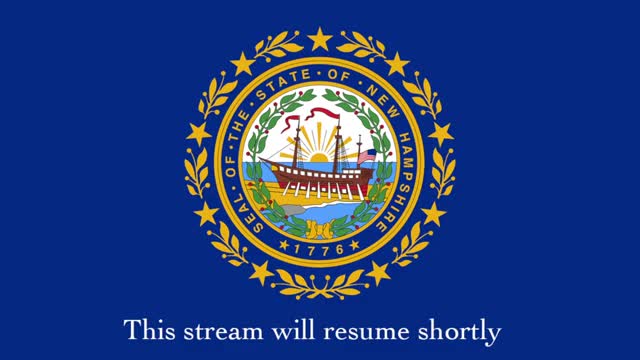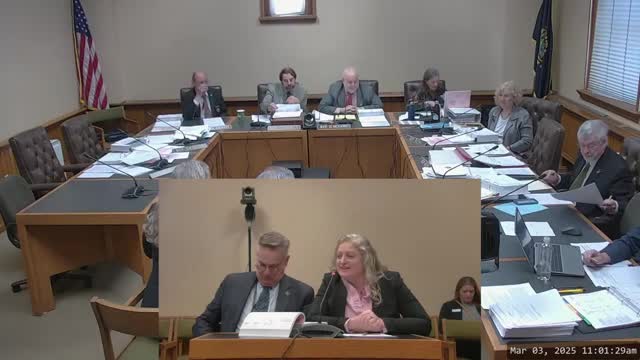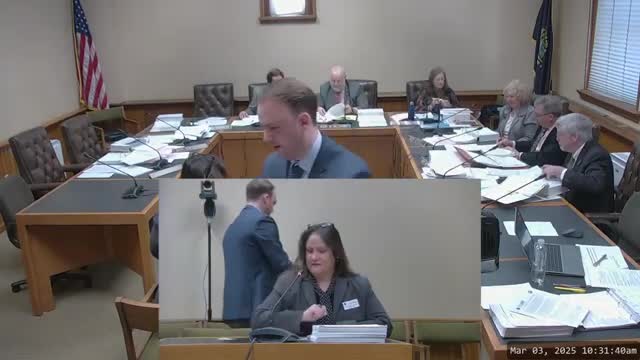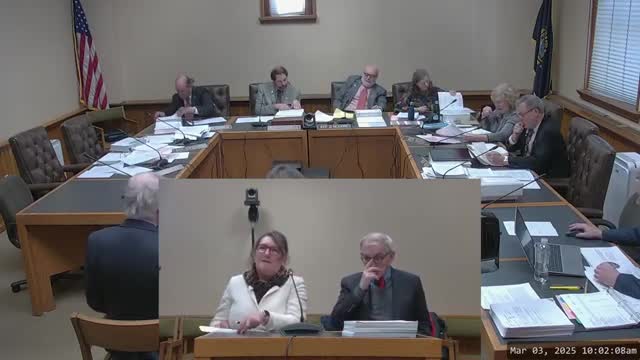Article not found
This article is no longer available. But don't worry—we've gathered other articles that discuss the same topic.

Treasury briefing covers abandoned property, scholarships, trust funds and debt; treasurer seeks statutory tweak for assistant appointments

Office of the Special Education Advocate seeks three more staff to manage cases, data and policy work

Committee approves budget for New Hampshire Council on Developmental Disabilities; council highlights grants and federal funding mix

